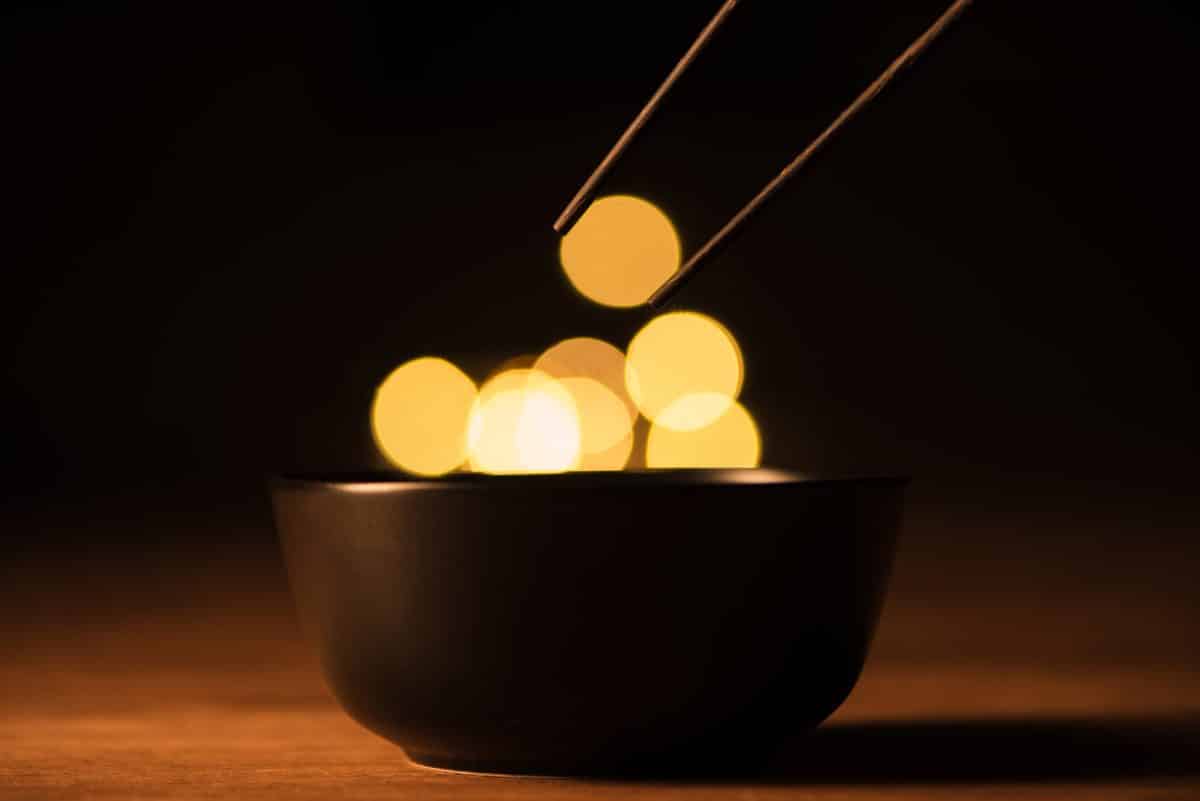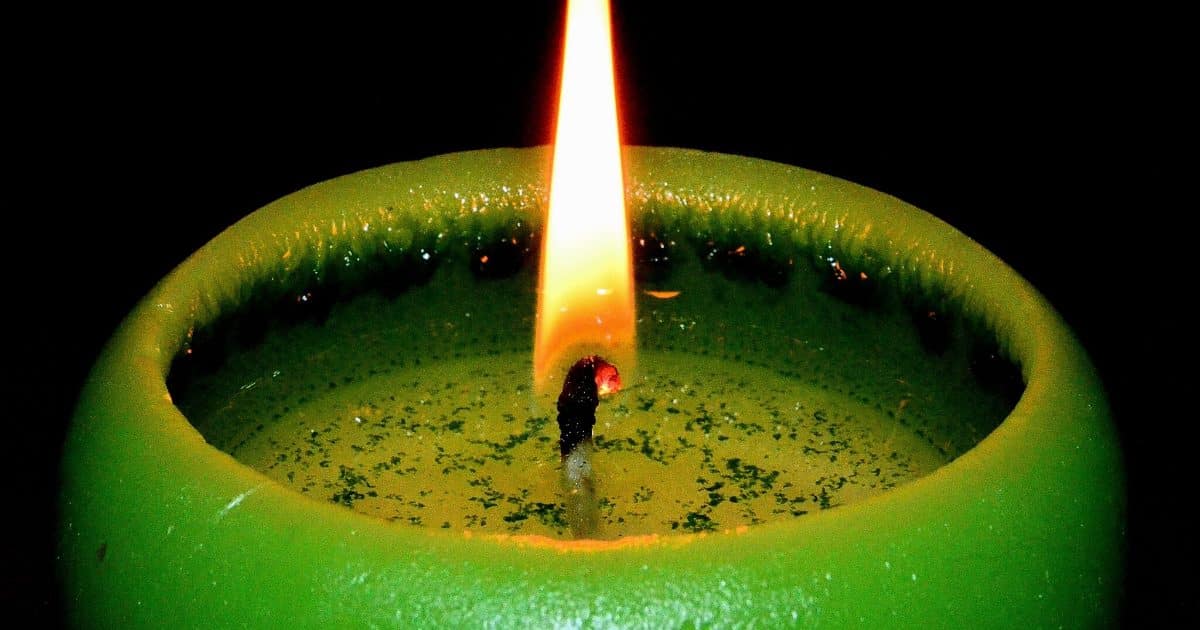Witchcraft Through History: From Persecution to Social Change
Witchcraft is an ancient practice that has been shrouded in mystery and misunderstood for centuries. It is often viewed as an archaic and dangerous practice with associations to devil worship and other negative stereotypes.
However, the history of witchcraft is rich and complex, and its relevance in modern society is becoming increasingly apparent.

Table of Contents
Historical Context
Witchcraft has been political since its inception. In ancient times, kings and rulers would summon sorcerers to help them gain an advantage in war or to bind opponents. They would also seek the services of witches to gain political power, receive prophecy or poison other kings.
However, these practices were often shrouded in secrecy, and witches had to go into hiding to avoid persecution. The fear of being accused of witchcraft was very real, and accusations were often used as a way to express or resolve social tensions. In premodern Western society, witch hunts emerged driven by irrational fear and a persecuting mentality.
Accusations of witchcraft could lead to imprisonment, torture, and even death. The consequences were severe and often impacted women more than men. Women were perceived as more vulnerable to demonic possession and, therefore, more likely to be accused of witchcraft.
Witchcraft and Social Change
Despite the persecution witches have faced throughout history, witchcraft has persisted as a tool for social change. Today, witches and other practitioners are using their craft to challenge the status quo and promote social justice.
Witches are often associated with the feminist movement and for good reason. Women have been the primary victims of witch hunts throughout history, and witchcraft has become a way for women to resist oppression and discrimination. The feminist movement has embraced witchcraft to reclaim power and challenge the patriarchal structures that have historically oppressed women.
Witches are also using their craft to support other marginalized communities. For example, many witches are using their practices to support the Black Lives Matter movement and fight against police brutality. Others are using witchcraft to support LGBTQ+ rights and environmental activism.
Modern Witchcraft Practices
Witchcraft practices today vary widely, and practitioners often draw from different traditions and belief systems. However, there are some common practices that many witches incorporate into their craft.
One such practice is the use of crystals. Crystals are believed to have healing properties and can be used for everything from anxiety relief to physical healing. Many witches incorporate crystals into their spells and rituals to harness their energy and power.
Another common practice in modern witchcraft is the use of tarot cards. Tarot cards are a tool for divination, and many witches use them to gain insight into their own lives or the lives of others. Tarot cards can also be used to manifest change or set intentions.
Herbalism is another important aspect of modern witchcraft. Many witches incorporate the use of herbs and plants into their spells and rituals, as different plants are believed to have different energies and properties. Herbalism is also closely tied to healing, as many plants have medicinal properties that can treat various ailments.
Witchcraft and Mental Health
Witchcraft is also becoming increasingly recognized as a mental health and self-care tool. Many practitioners use their craft to cope with anxiety, depression, and other mental health issues. Witchcraft can be a form of mindfulness, providing a way of centering oneself and finding inner peace.
Additionally, many witches incorporate meditation and visualization into their practices to promote mental well-being. These practices can help practitioners manage stress, improve focus and concentration, and increase overall feelings of calm and relaxation.
Witchcraft can also be a way of connecting with others and building community. Many practitioners attend group rituals and events to connect with like-minded individuals and form supportive networks. This sense of community can be particularly important for marginalized or isolated people.
Witchcraft and Religion
One common misconception about witchcraft is that it is inherently tied to devil worship or other forms of dark magic. However, this is far from the truth. Witchcraft can be practiced by people of any religion or spiritual belief system.
Some witches incorporate elements of Wicca or other Pagan traditions into their practices, while others draw from more eclectic sources. Many practitioners view their craft as a deeply personal and individualized form of spirituality.
It is worth noting that some religious groups view witchcraft as incompatible with their beliefs. For example, some Christian denominations view witchcraft as a form of idolatry or blasphemy. However, many Christians also embrace elements of witchcraft in their spiritual practices, particularly those who practice forms of earth-based spirituality.
Modern Witches
In conclusion, the history of witchcraft is complex and multifaceted, and its relevance in modern society is becoming increasingly apparent. Despite the persecution that witches have faced throughout history, many practitioners are using their craft as a tool for social change, promoting positive change in society and fighting against oppression and discrimination.
Modern witchcraft practices vary widely, but many practitioners incorporate elements of crystal healing, tarot cards, herbalism, meditation, and visualization into their practices. Witchcraft can also be a mental health and self-care tool, promoting mindfulness, relaxation, and community building.
It is important to recognize that witchcraft is not inherently tied to any religion or spiritual belief system. Rather, it is a deeply personal and individualized practice that can be adapted to suit the needs and beliefs of each practitioner.
As our understanding of witchcraft continues to evolve, it is increasingly clear that this ancient practice has much to offer us in the modern world. Whether as a tool for social change, mental health and self-care, or spirituality and personal growth, witchcraft is a valuable and meaningful practice that is worth exploring.






